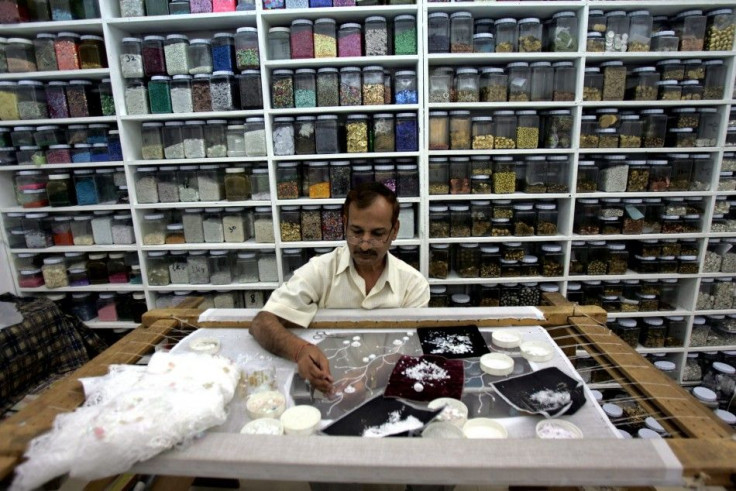Kuwait may offer citizenship to high-skilled foreign workers

The oil-rich state of Kuwait is considering a proposal to give citizenship to skilled foreign workers and their families as it competes with Dubai for overseas talent.
Sami Alfaraj, president of the Kuwait Center for Strategic Studies, told Arabian Business that the Gulf nation has to attract and retain such workers in order to diversify its economy away from an over-dependence on petroleum revenues.
“We could not have managed the oil industry without expats… especially at the beginning,” he said. “If we are thinking about new avenues of industry and technology to beat others we need more people specializing in that.”
Alfaraj, who has advised the Ministry of Foreign Affairs and the Office of the Prime Minister, added that “Dubai gets the crème of expats and we get the lower end, especially the uneducated ones.”
According to Arabian Business, Kuwait, the fourth-largest oil exporter in the world, wants to mimic the success of Dubai which has become a glittering commercial hub in Persian Gulf. But the Kuwaiti government has struggled to approve needed reforms due to political infighting between parliament and the government.
“As long as we have the Kuwaiti parliament they will push for more nationalization policies,” Alfaraj said. “Kuwaitis see the expat community as part of the fabric of society.”
Kuwait has been attempting to overhaul some of its labor policies.
Last September, the Minister of Labor Mohammad Al-Afasi said the government would abolish the worker sponsorship system in 2011 and supervise migrant labor recruitment through a government authority.
However, Human Rights Watch (HRW) complained that the new law still excludes domestic workers, who represent about one-third of the private sector workforce and “face recurring abuses.”
Presumably, the rights of citizenship would not be offered to low-skilled workers.
An astounding 80 percent of Kuwaiti’s workforce (or 2-million people) are foreigners, most of whom are low-skilled and low-paid. Many are from India, Pakistan, Bangladesh and Sri Lanka.
HRW said that “many experience exploitative labor conditions, including private employers who illegally confiscate their passports or do not pay their wages. Migrant workers often pay exorbitant recruitment fees to labor agents in their home countries and must then work off their debt in Kuwait.”
The right of citizenship will also probably elude the stateless ‘Bedoon’ people (longtime residents of Kuwait who have not been granted citizenship). The Bedoon – who number about 120,000 -- are primarily of Iraqi, Saudi and Iranian descent, and are classified as illegal residents. The government maintains that most do not hold legitimate claims to Kuwaiti nationality.
HRW has criticized Kuwait along these fronts.
“Kuwait continues to exclude the stateless bedoon people from full citizenship, despite their longstanding roots in Kuwaiti territory,” HRW said.
“The bedoon also face discrimination accessing education, health care, and employment, as well as violations of their right to marry and establish a family because they are not allowed to register births, marriages, or deaths.”
© Copyright IBTimes 2025. All rights reserved.



















